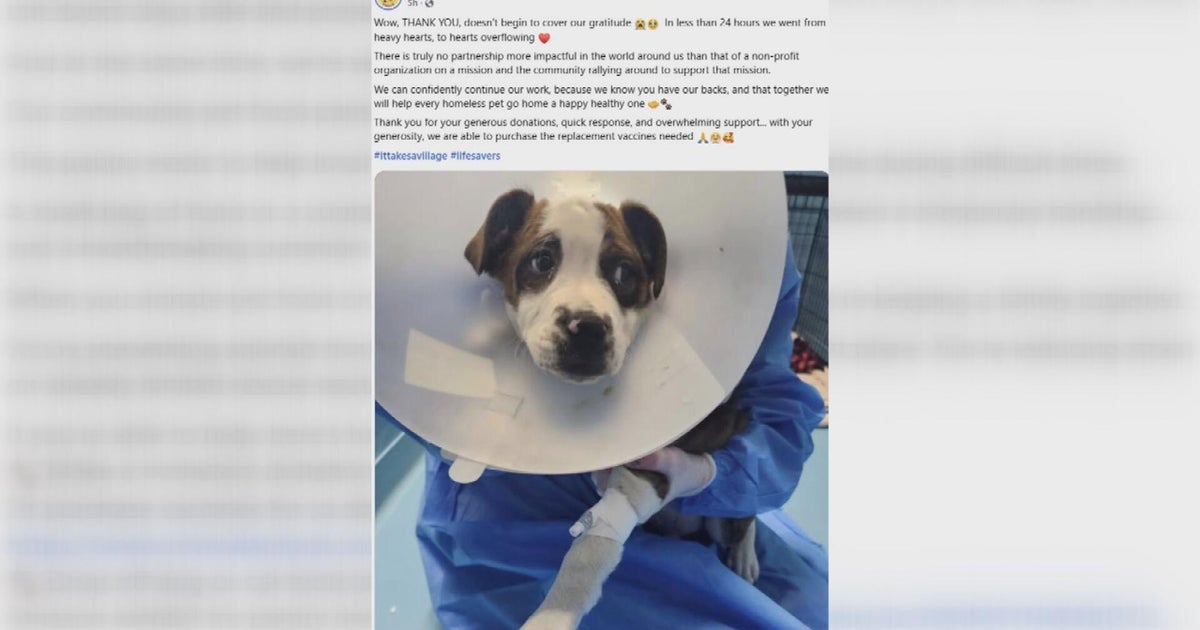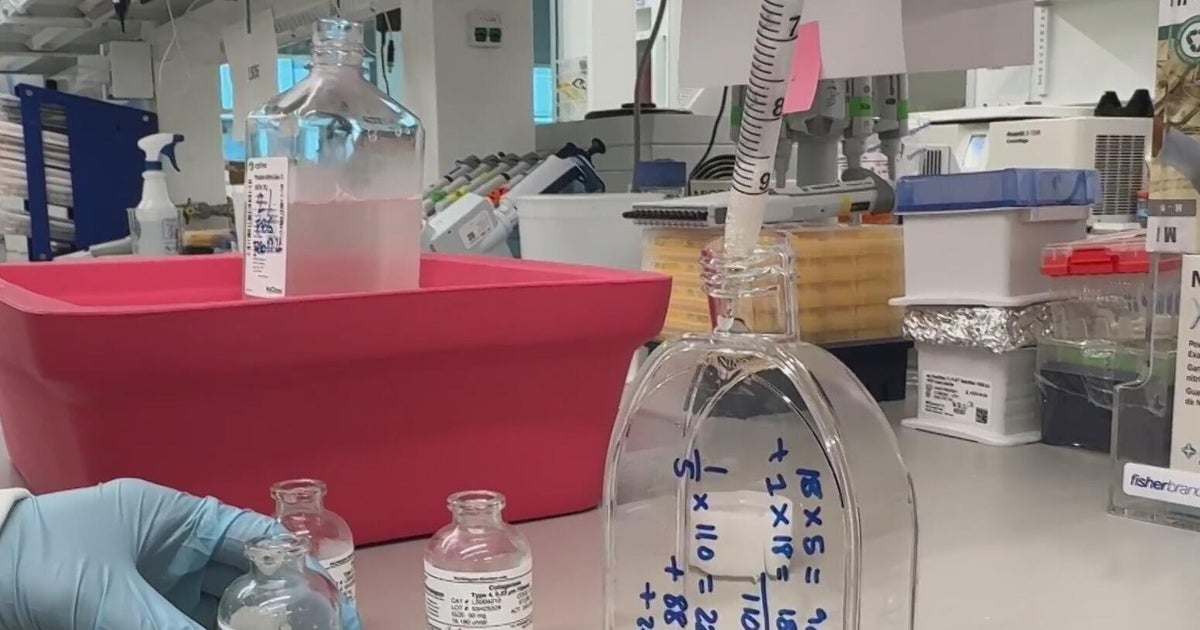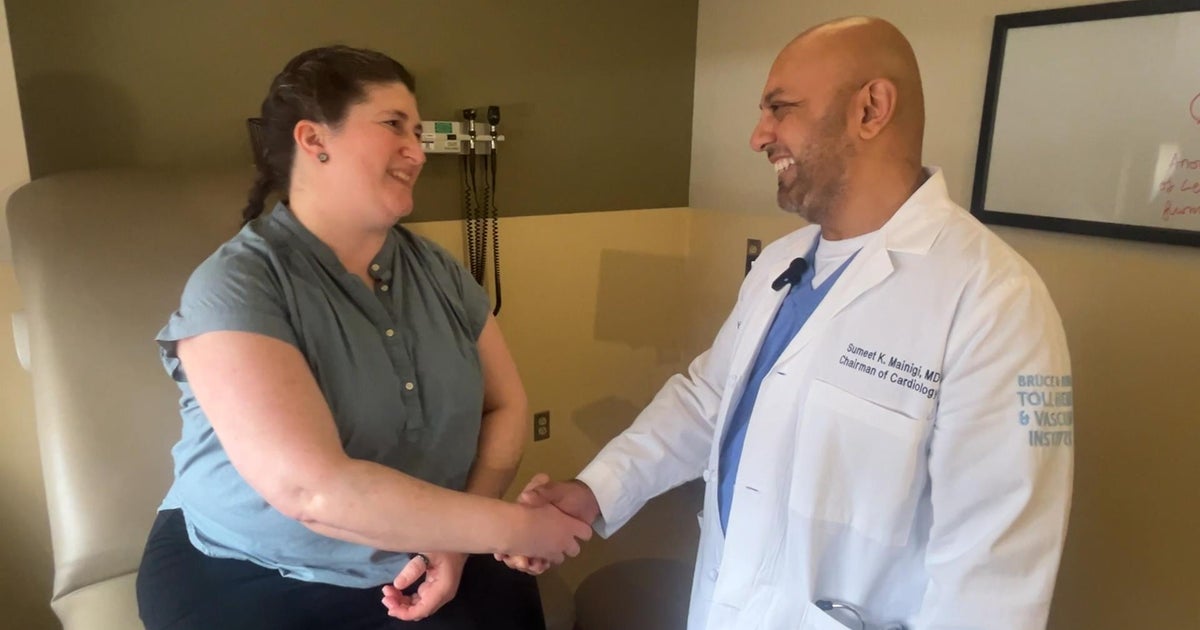When can kids get the COVID-19 vaccine? What parents need to know
Millions of American children ages 5 and up are now eligible to receive Pfizer's COVID-19 vaccine.
The Centers for Disease Control and Prevention announced November 2 that it is formally recommending use of the vaccine for the 5- to 11-year-old age group, following a unanimous show of support from its panel of vaccine advisers. That marked the final regulatory step after the Food and Drug Administration issued its emergency use authorization a week earlier.
On February 1, Pfizer asked the FDA to authorize use of an even lower-dose vaccine for children ages 6 months to 5 years old, but a decision on that has been delayed until April while the FDA awaits additional data on the effectiveness of a three-dose regimen in young kids.
When can children get the COVID-19 vaccine?
Many providers began offering vaccinations for kids 5 and up on November 3. Doses are now widely available from providers nationwide.
Children under 5 are not yet eligible.
Where can I get my child vaccinated?
Federal health officials have encouraged Americans to check vaccines.gov to find locations near them with shots in stock. More locations will be added as supplies are distributed around the country.
Vaccines for kids are available at many pediatricians' offices, as well as at children's hospitals, rural health clinics, pharmacies, some school-based clinics and other community locations.
Almost two-thirds of parents surveyed by the CDC said they would prefer to get their child vaccinated at their regular doctor's office.
Federal health officials sought to recruit more of these providers to become COVID-19 vaccinators in the weeks before the rollout began, though not all could be first in line to administer shots. Providers with smaller rosters of patients were being added as distribution increased.
How much will the COVID-19 vaccine cost?
The COVID-19 vaccine is free for all U.S. children as well as adults.
Vaccinators are required to administer shots at no out-of-pocket cost to patients and not to deny vaccines to people without insurance.
How is the vaccine for children different?
Pfizer's vaccine for children 5 and up is given in two doses, three weeks apart. Each dose is just 10 micrograms, a third of the 30-microgram dose given to adolescents and adults.
The pediatric doses come in a new formulation that will prolong its shelf life in pharmacy refrigerators, while making it easier for vaccinators to draw up the smaller doses. It includes an ingredient called Tris buffer, which is commonly used to stabilize other vaccines and medicines.
The kid-sized dose was highly effective at triggering antibodies to the virus in clinical trials and more than 90% effective at blocking symptomatic disease.
"The manufacturing process of the mRNA active ingredient and the lipid nanoparticle is completely unchanged. The only change is in the formulation, which is the last step of the product manufacture," Nicholas Warne, Pfizer's vice president of pharmaceutical research and development, told the FDA's outside vaccine advisers in October.
The vaccine dose proposed for children under 5 would be even smaller — just 3 micrograms, one-tenth of what's given to adults.
What about side effects?
Overall, Pfizer's clinical trial data suggests younger children will experience fewer side effects than adolescents or young adults. Side effects that did occur, such as fever or redness around where the shot was given, "were mostly mild to moderate, and short lived."
Much of the FDA and CDC panels' discussions focused on weighing the benefits of the vaccine against the potential risk of rare cases of myocarditis, a heart inflammation side effect. While the exact rate of myocarditis after the vaccine in 5- to 11-year-olds remains unknown, it is rare enough that zero cases turned up in the clinical trial. The CDC's advisers concluded the risk was "likely lower" in younger children than adolescents.
Pfizer studied the vaccine's safety in some 3,100 children who received the shots, a trial that FDA officials say is larger than most studies typically used to license other vaccines for children. Safety monitoring in more than 11 million adolescents and teens who are now fully vaccinated have also turned up no new safety issues.
"It's a very important thing to recognize that the very low risk of myocarditis with vaccination pales in comparison to the very high risk for severe heart disease related to COVID and MIS-C," Dr. Matthew Harris of Cohen Children's Medical Center told CBS News.
Will there be enough supply for all the families who want it?
The White House says it has purchased enough of Pfizer's vaccine for all 28 million U.S. children.
In a CDC survey, 57% of parents of children aged 5 to 11 said they would "definitely" or "probably" get their child vaccinated.
Ten million of the first wave of doses headed to sites planned out by local health officials immediately after the CDC gave the green light, with another 5 million distributed through the CDC's partnership with retail pharmacies like Walgreens and CVS.



